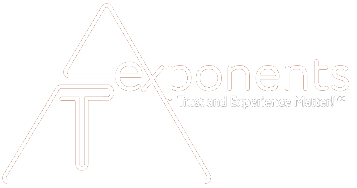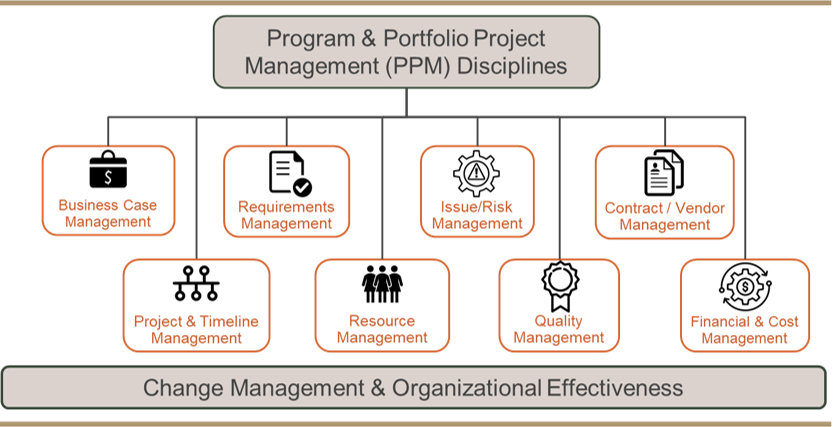Change Management & Organizational Effectiveness
How to Leverage Human and Organizational Performance Techniques to Ensure Successful Program Delivery
November 2020
Overview
Effective change management techniques are required to ensure the success of your business, programs, or specific projects. Prosci, a change management research company found (from data gathered over 8 years) that initiatives with effective change management are six times more likely to meet objectives than those with poor change management.
For purposes of this paper, we will focus on change management from an organizational effectiveness perspective versus operational change management (e.g., IT change management, release management, and configuration management processes and tools).
In most organizations, change is happening every day. New programs and projects are being delivered across the organization to increase profits, reduce costs, and to improve your competitive advantage. According to John P. Kotter and Leonard Schlesinger’s Choosing Strategies for Change in Harvard Business Review, most companies or divisions of major corporations find that they must undertake moderate organizational changes at least once a year and major changes every four or five.
Program Management Disciplines
Per the diagram below, we see Change Management and Organizational Effectiveness as a key element of every program, project, and initiative along with the following Program and Project Portfolio Management (PPM) disciplines:
Business case management
Requirements management
Issue / Risk management
Contract / Vendor management
Project & timeline management
Resource management
Quality management
Financial & cost management
T Exponents Process for Leading Change
The following is T Exponents’ change management & organizational effectiveness process. It was created from our time and experience leading change initiatives over the past 30 years and leverages Dr. John Kotter’s 8-step process for leading change.
The steps are summarized below:



